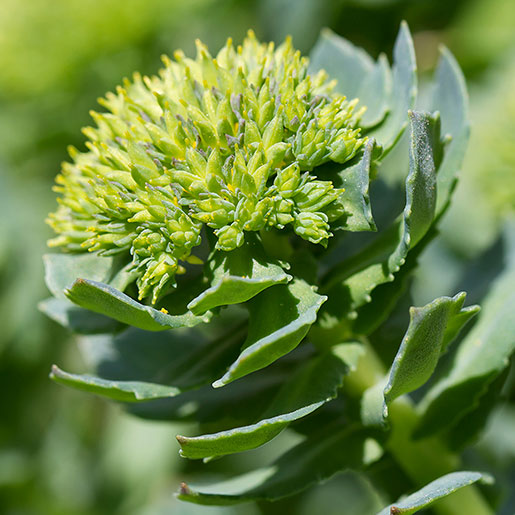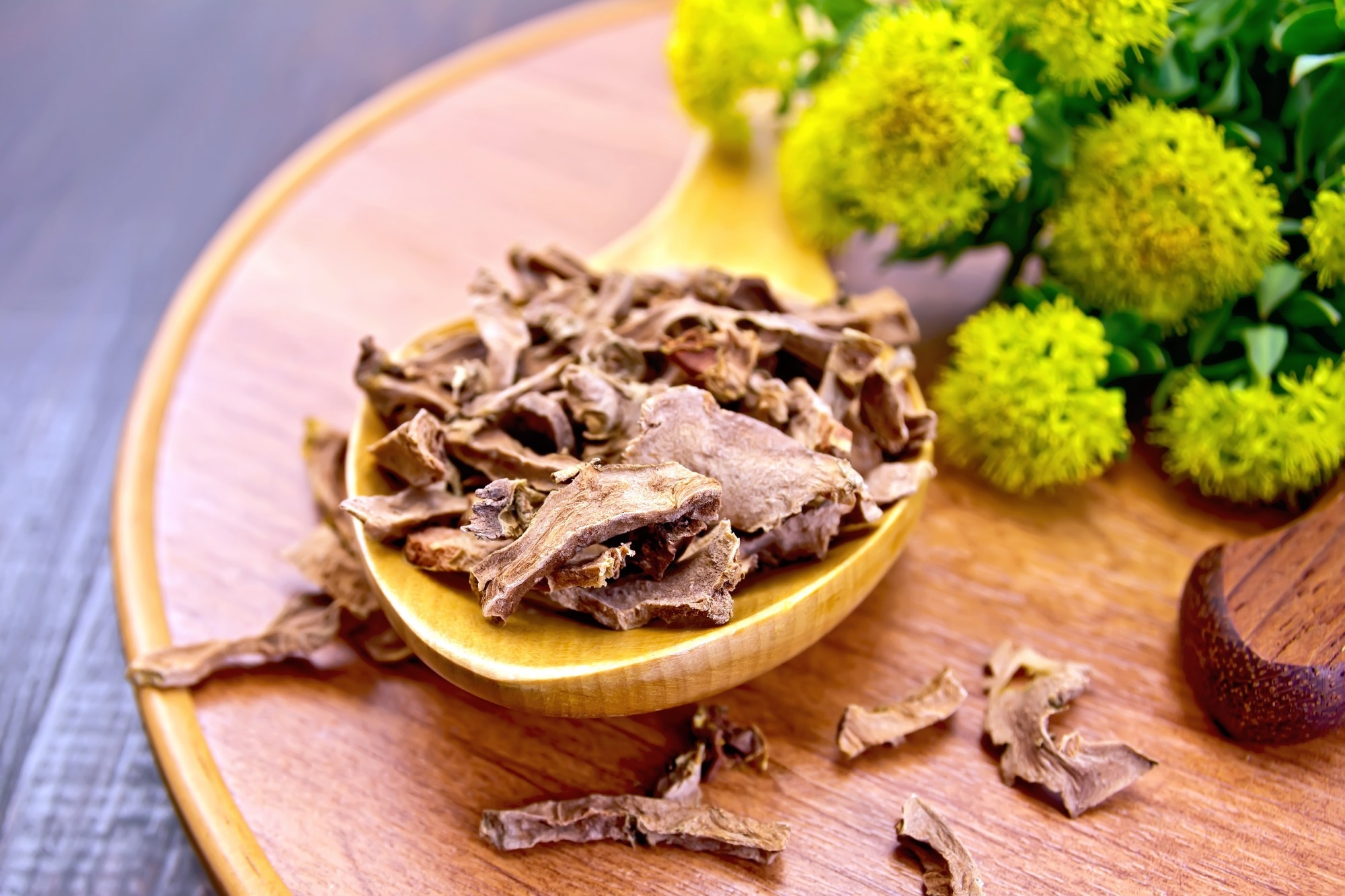Rhodiola Rosea Benefits: Complete Guide to Nature's Stress-Fighting Adaptogen
Discover how this arctic root can transform your stress response, boost mental clarity, and enhance physical performance - backed by scientific research. New to nootropics? Start with our beginner's guide or explore the broader benefits of natural nootropics.

Key Takeaways
| Aspect | Key Information |
|---|---|
| Primary Benefits | Stress reduction, fatigue relief, cognitive enhancement, mood support |
| Recommended Dosage | 200-400mg daily (morning), up to 600mg for performance |
| Quality Standard | 3% rosavins, 1% salidroside standardization |
| Safety Profile | Generally well-tolerated, mild side effects possible |
| Major Interactions | SSRIs, blood thinners, diabetes medications |
| Avoid If | Pregnant, breastfeeding, autoimmune conditions |

